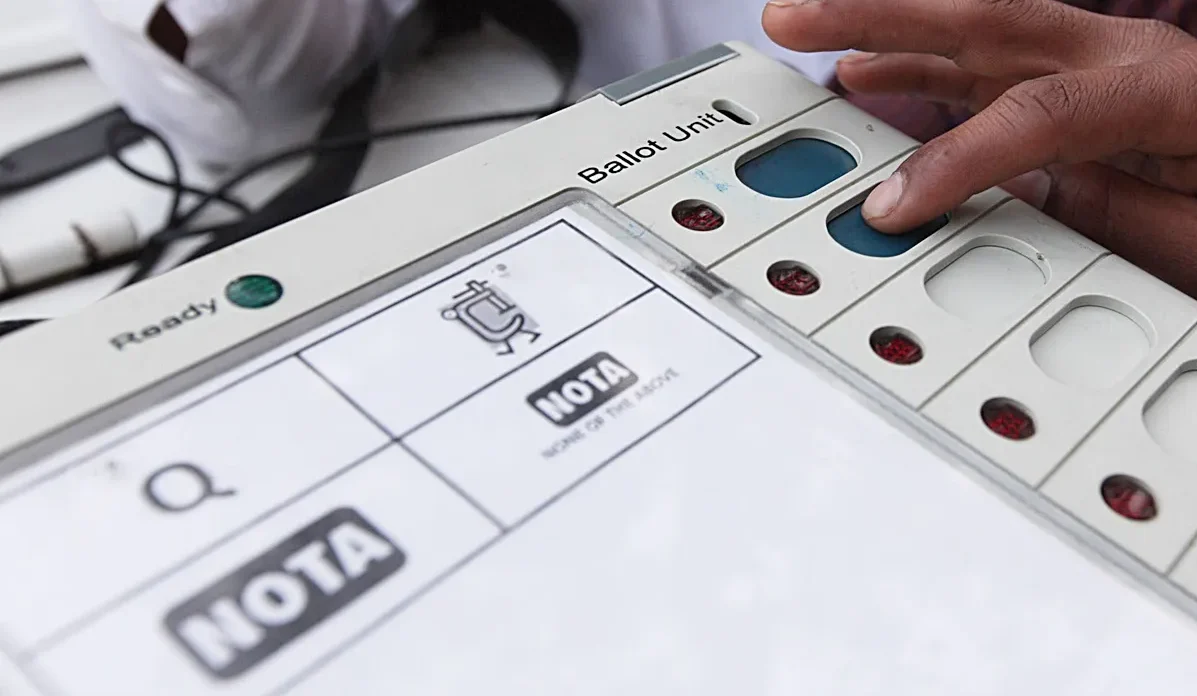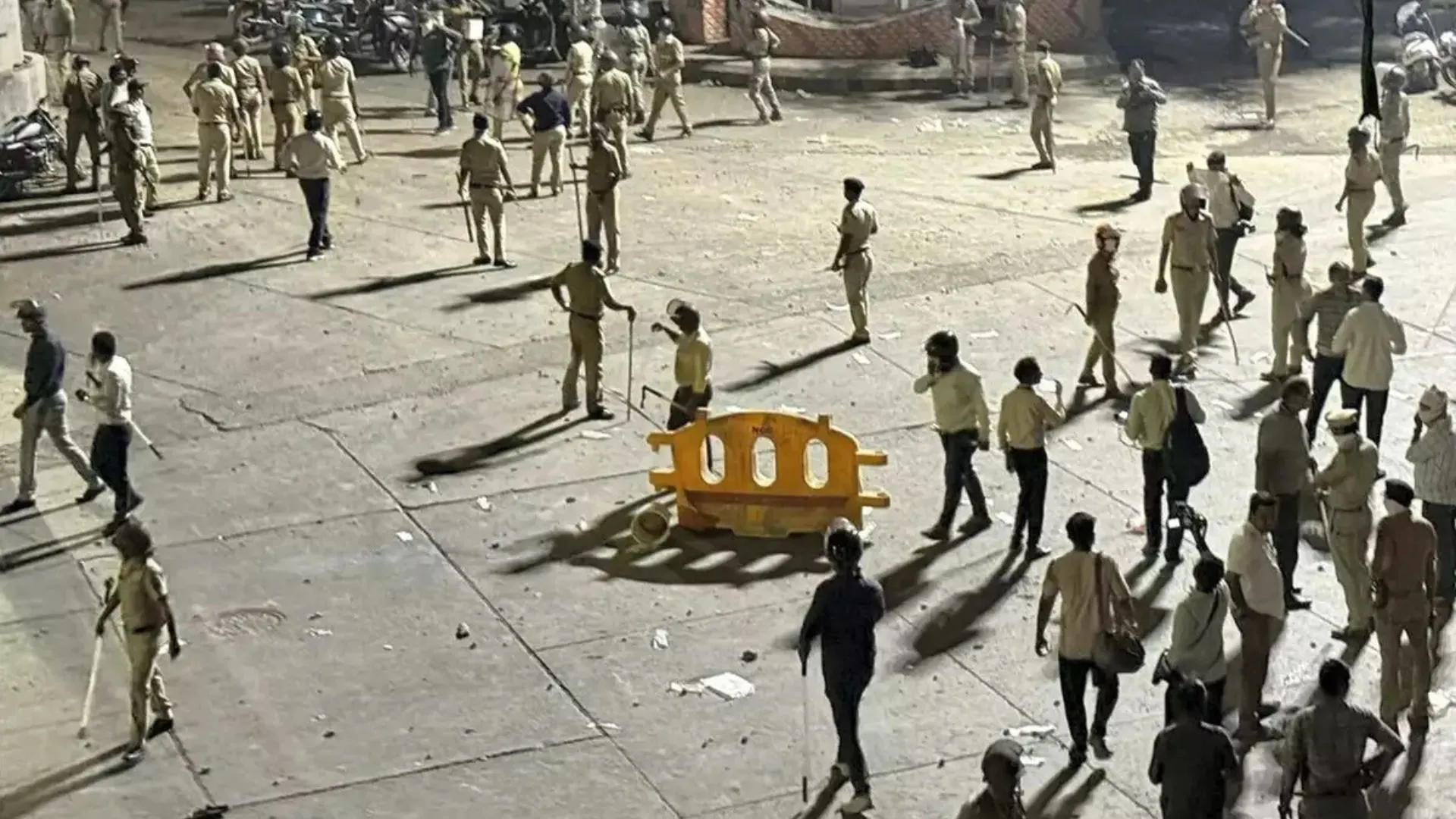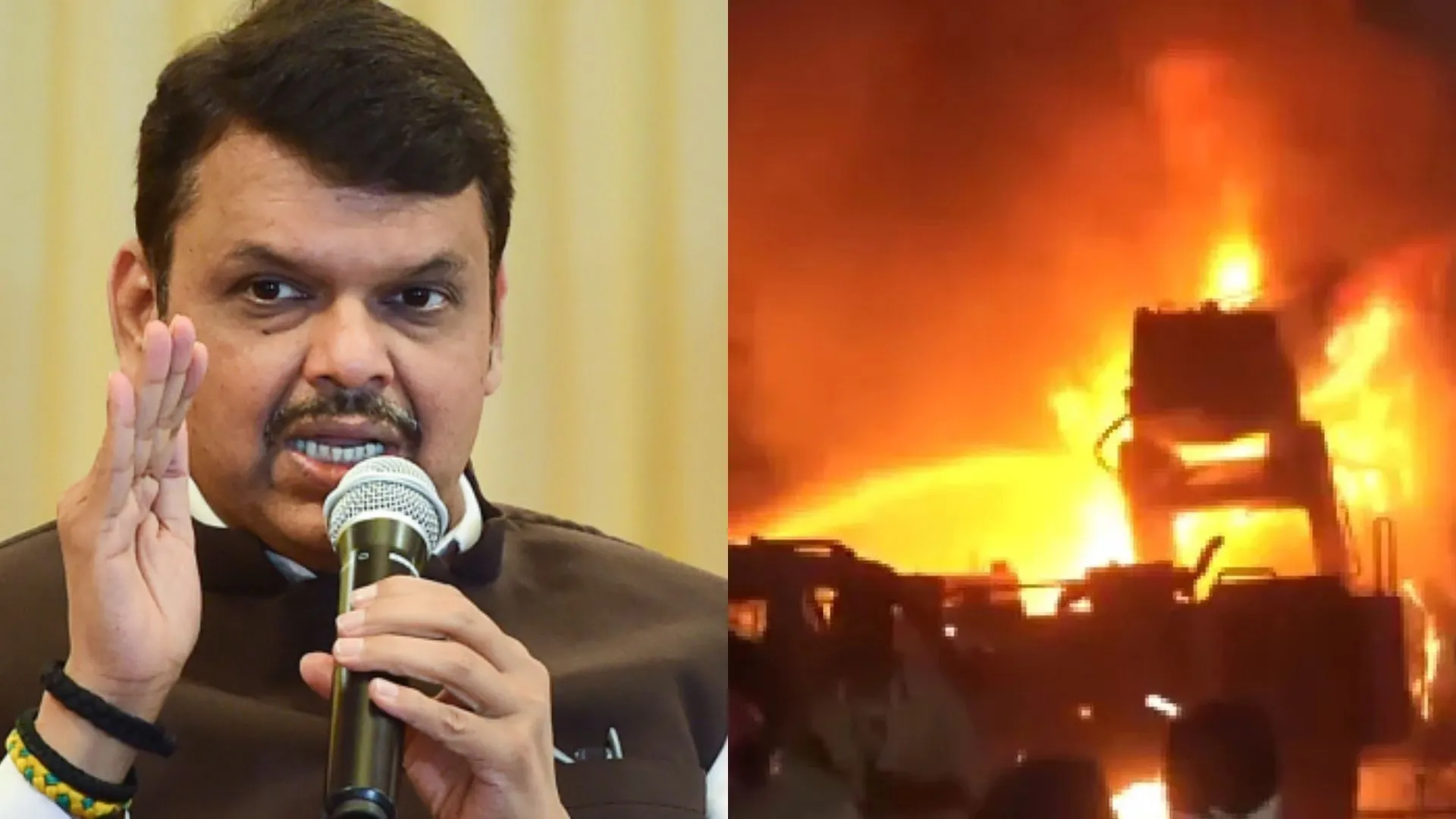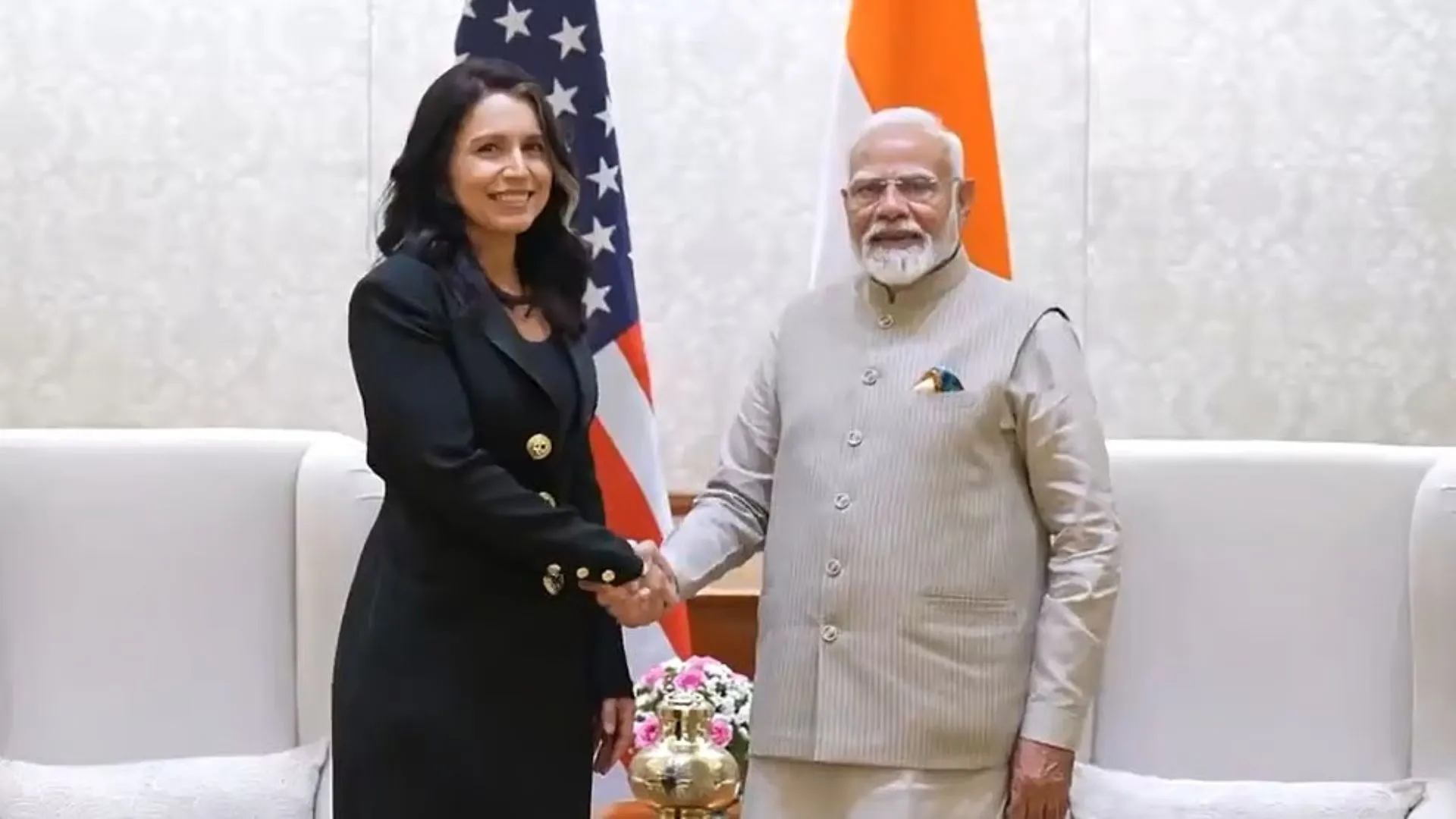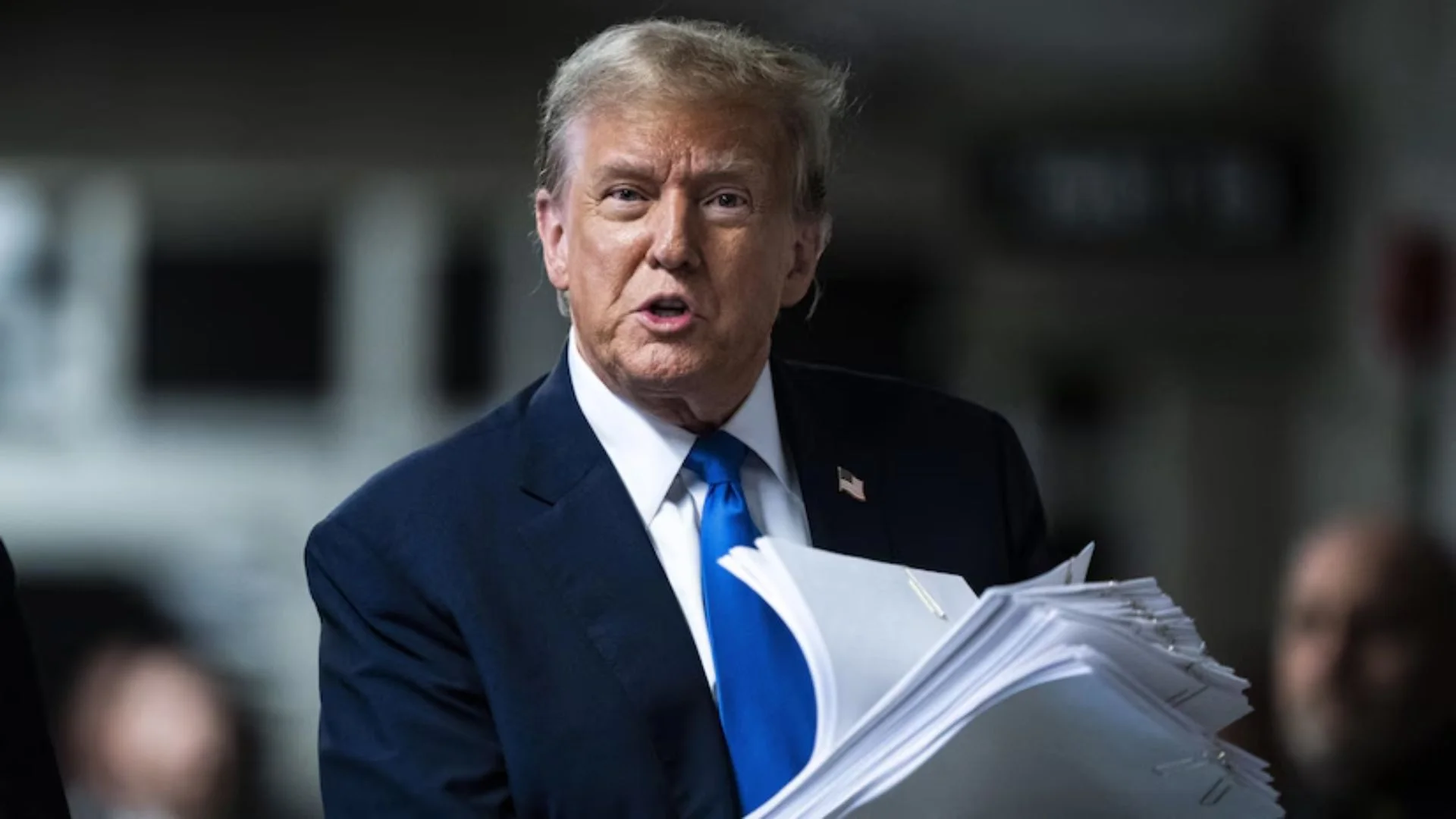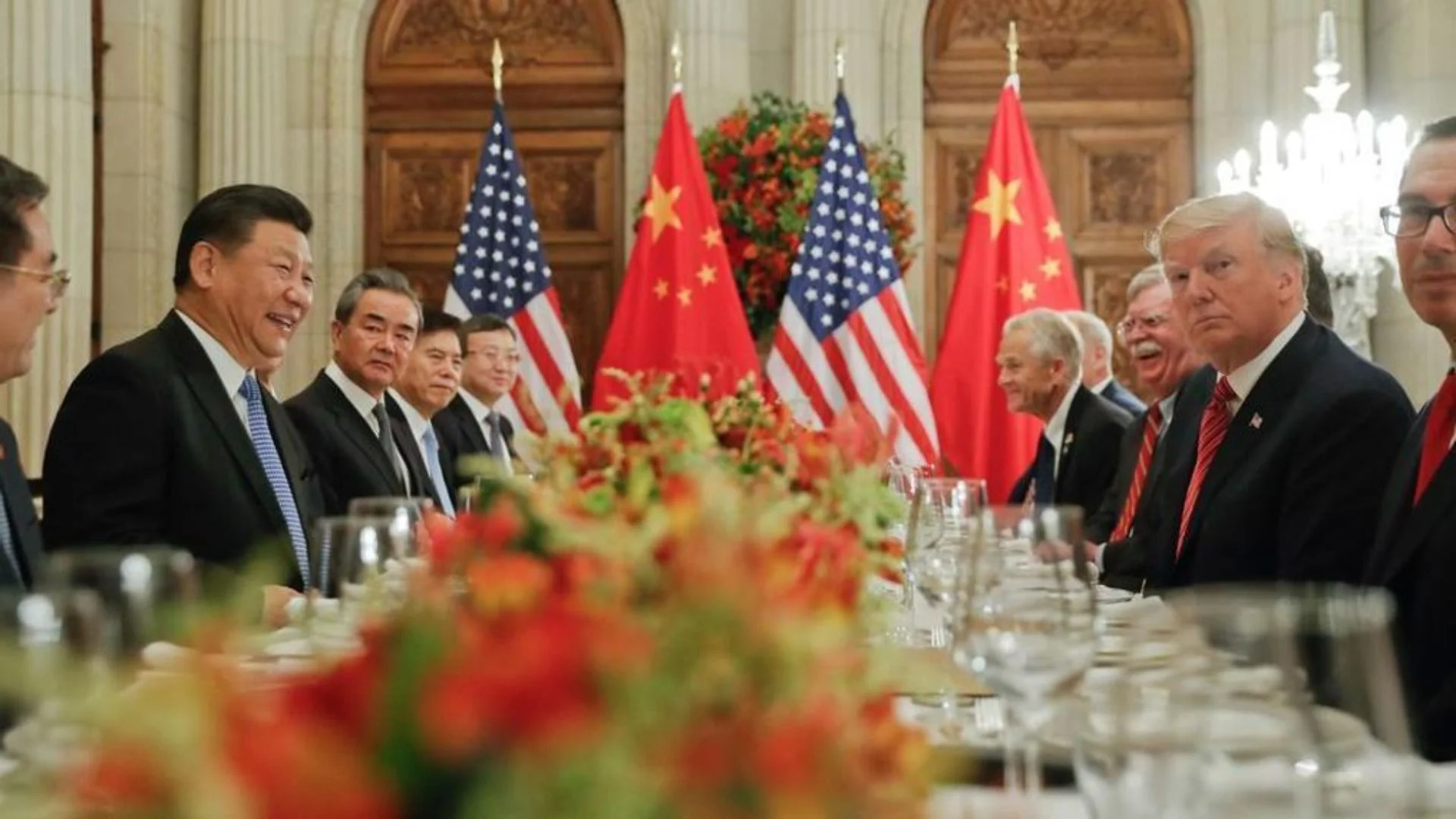In the recent general elections, the voters of Indore Loksabha gave a jolt to the Indian political system. A total of 218,674 of voters press the ‘NOTA’ button. This record-breaking number was the highest ever NOTA vote cast in the Indian elections. This landmark in Indore depicts the true spirit of this powerful option; NOTA. It also eliminated situations in which parties provide unpopular candidates with the votes of the electorate without considering their preferences. Through NOTA, the electorate has been handed a practical option through which all political parties are forced to step up in an effort to regain the people’s confidence.
Nevertheless, the BJP’s Shankar Lalwani succeeded in the Lok Sabha seat with a margin of 1,008,077 votes. The NOTA numbers from Indore highlighted the impact of this feature that was added only a decade ago. NOTA gives the voter the opportunity to reject all the candidates on the ballot as they deem none of them fit for the position. It provides each and every person with a direct constitutional means to express their dissatisfaction with undesirable political options.
For decades, Indian voters unhappy with their candidates struggled to express their displeasure. They had to go through a rather confusing procedure for formally expressing their dissatisfaction by submitting Form 49-O at the voting station. This disrupted the secrecy of their vote. The only other option was simply not to vote, which was contrary to the principle of exercising one’s democratic right. The scenario, however, changed for the better in 2013, following a legal struggle by the People’s Union for Civil Liberties (PUCL). This civic rights group persuaded the Supreme Court that the voters had a proper right to reject all candidates without surrendering the franchise. The SC subsequently ordered the Election Commission to add ‘None of the Above’ on the Electronic Voting Machines as well as ballot papers all across the country. This kick-started the NOTA revolution.NOTA made its maiden appearance in 2013 during the legislative elections of the four states those are Madhya Pradesh, Rajasthan, Chhattisgarh, and Mizoram along with the UT of Delhi and at the national level in the 2014 Lok Sabha elections with a lot of expectations. It may not have changed any final outcome, but it helped citizens to express their frustrations with all the candidates in a given constituency. High NOTA numbers in any region convey the simple message to the political parties that they need to reconsider their candidates’ selection.In the general elections held in India in 2019, as many as 51,319 voters exercised their NOTA – which is about 5 percent of the total electorate – in the Gopalganj district of BiharSome other democracies including Colombia, Bangladesh, Ukraine, etc offer voters some form of ‘none of the above’ option on the ballot. Still, the fact remains that India is a large and diverse country whose NOTA experiment is therefore an interesting case for the study of voting behavior across the globe. Going forward, NOTA is sure to evoke even more robust discussions throughout the country. Should the various NOTA votes be considered as valid votes? Could high NOTA numbers lead to re-elections in some constituencies? However these discourses may manifest themselves, there is one clear message;
Hence, NOTA has evolved as a strong, non-violent political weapon that forces cannot overlook. It both enfranchises and audits everyone from political parties, candidates, and the political establishment to the more progressively conscious electorate in India. The deafening ‘wake-up call’ from Indore proves that NOTA is not a temporary fad but a progressive ‘exit’ option in Indian democracy!
The Relevance of NOTA and Strengthening It
The increasing use of NOTA, given the recently witnessed trends such as that from Indore, leads to certain critical questions regarding its purpose and effectiveness. While NOTA enables voters to refuse candidacies, it at the same time does not directly determine the decisions or lead to re-elections. This has raised the question of whether votes cast in NOTA should be considered valid votes. And if they reach a certain level in a particular constituency, should re-elections be held?
Despite these discussions, the NOTA appears to be a viable option in the democracy of India. By allowing voters to endorse, it offers an opportunity to vote against any candidate that has been fielded for election by various political parties. Parties need to wake up and start scratching their heads on how to rectify the issue that led to high NOTA numbers.
Voter Education: To increase the desirability of NOTA, voter awareness campaigns should be stepped up to ensure that people appreciate the importance of the option and its correct usage. This could prevent occasional/whimsical NOTA voting.
Data Analysis: An intensive analysis of NOTA trends regarding regions, demographics, and election types. This could help identify the tendencies of voters and what specific areas parties must work on in terms of their appeal and the candidates they choose to promote.
Review Thresholds: For one, the ECI may consider recommending the adoption of a rational NOTA vote percentage bar (e. g. 50% or more) in a constituency that automatically results in rerun or other remedial actions. This would ensure that NOTA votes are counted as more significant and make the political parties select better candidates.
Legal Framework: Collaborate with the authorities to enhance the legal aspects of NOTA with specific reference to the meaning and repercussions as well. This could entail bringing changes to current legislation or enacting fresh laws and rules to empower NOTA.
Nonetheless, there need to be always prudent alterations made to the NOTA system, taking into consideration the implications on the electoral framer, the cost of implementation, and the principles of democracy. While observing the 2019 general election, the ECI needs to stand for what NOTA offers to the electorate without destabilizing the stability, credibility, and efficiency of the electoral system.
Lastly, an increase in NOTA signifies a changing perception & ambition of the voters along with desire for a good governance & representatives. This is a useful gadget that helps to control political parties and push them to consider people’s needs and wants more actively.

